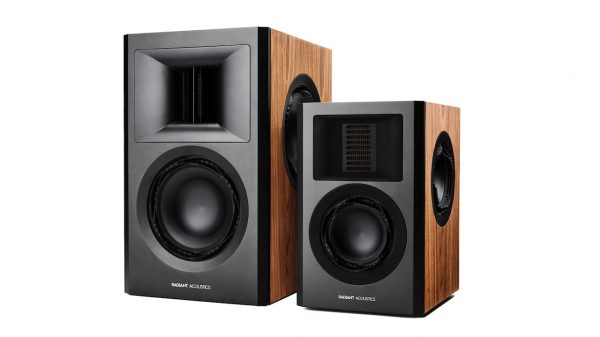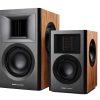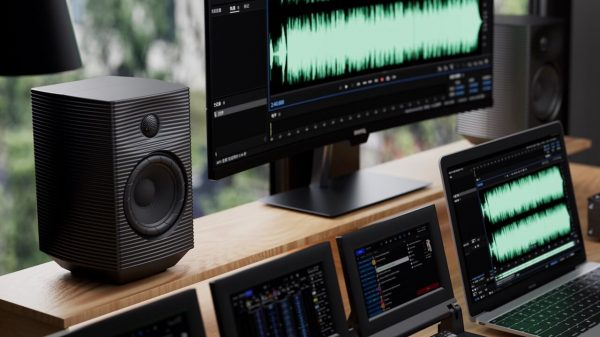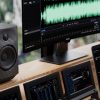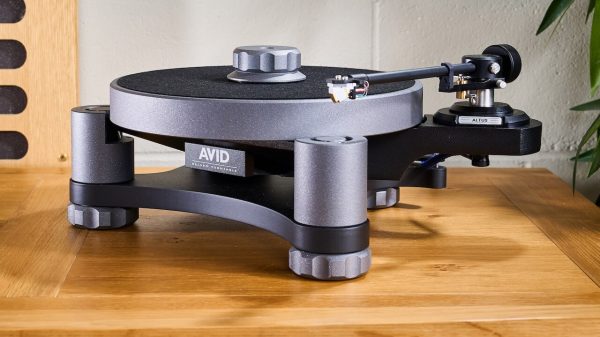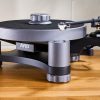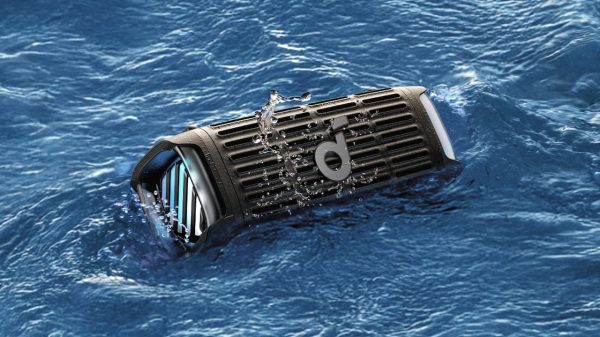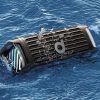With our reliance on computers growing every day there are few scenarios more intimidating than a serious problem with our system. Most of us can remember the panic caused by Y2K as businesses and individuals rushed to update their computers to avoid a potentially catastrophic crash and that same nervousness arose when the ILOVEYOU virus spread across the world later that year, costing several billions of dollars in damages.
Those incidents, and many since, served to expose just how vulnerable our computers really were and instilled in most a vigilant approach towards protecting our hard drive. We grew weary of every email that came from an unknown sender and cautiously followed links from one page to the next while browsing the Internet. Over time we became convinced that if we just monitored our Inbox and avoided visiting questionable sites our computers would remain healthy and there would be little cause for worry.
Of course that attitude has proven to be almost as deadly as exposing the hard drive to every virus in existence. Somewhere along the way we concentrated our first line of defense on outside attacks rather than the inherent danger that is bred on our very hard drive and this has led to devastating results.
What many computer owners don’t realize is that every time they turn their computer on they contribute to a deadly disease known as fragmentation. It is this computer disease that slowly chokes your hard drive, causing speed to slow and reliability to falter. Left unchecked, fragmentation leads to a complete crash and the loss of any file or document that existed on the hard drive.
That’s kind of a hard pill to swallow, especially when you’ve updated your hard drive with the most up-to-date anti-virus protection and Spam blockers available, but it is a reality that can’t be ignored. The truth is fragmentation cares little about a virus or Spam because it originates on a computer’s hard drive.
This existence is born out of how a hard drive saves and stores files. Every hard drive is designed to save files in a contiguous manner and by storing files one after the next there is no regard for the need to modify existing files. This means that when a file is retrieved and modified it will no longer fit in the same space when it is resaved. Instead, the hard drive will cut the excess information and save it in the next available space, thus creating a fragmented file. Because we modify existing files on an almost constant basis the potential to have a single file fragmented into thousands of pieces is a very real possibility.
It is this fragmentation that causes our computers to slow to a crawl and eventually crash. Fortunately there are several warning signs that, if we take notice, will prevent such a crash. A hard drive suffering from an abundance of fragmented files will lead to difficulty booting up the computer, long delays in loading pages and applications, sluggish Internet browsing and trouble accessing and sending email.
If you notice this is happening to your computer there is a simple solution that you can implement that will eradicate the problem. By installing defragmentation software on your computer’s hard drive you can effectively repair fragmented files and dramatically increase the speed and reliability of your computer.
Defrag software scans your hard drive and grabs all the pieces that belong to a single file and saves them as such. The next time you retrieve that file it takes the hard drive a fraction of the time to deliver the request because it no longer has to search for all the pieces that once existed.
While the return to speed and reliability is great, the remarkable aspect of defragmentation software is it continues to monitor a hard drive and keeps it protected from the return of fragmentation. As an added value, there are no subscription fees or monthly charges to defrag software, all it takes is installation and your hard drive is safe.


